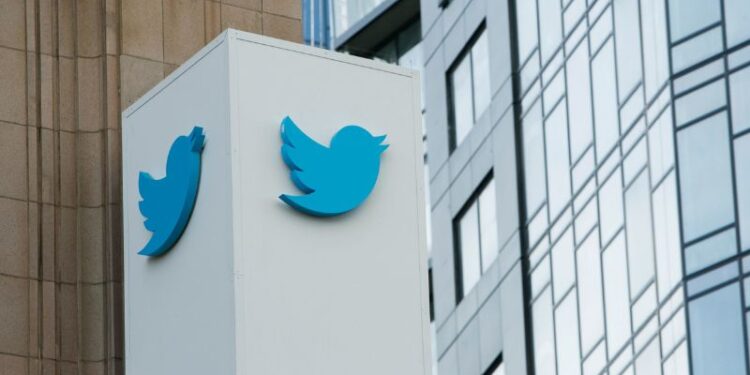After months of back and forth, take-backs and lawsuits, Elon Musk is now officially the owner of Twitter — and with that comes big changes.
His first move? Cleaning house.
Following the closure of the $44 billion deal, Musk fired CEO Parag Agrawal, Chief Financial Officer Ned Segal, legal policy executive Vijaya Gadde and Sean Edgett, the company’s general counsel.
While some fellow “free speech absolutists” have celebrated the takeover, experts warn that his approach could have “real-world consequences.”
“To the extent that world leaders see they have this space and it’s unmoderated, they could push to see how far they can go,” said David Kaye, a law professor at the University of California, Irvine.
Twitter has spent the better part of the past half-decade combatting mass disinformation and hate speech on the platform. However, some worry that Musk’s seemingly hands-off approach could lead to the reemergence of these messages.
“People eventually realize that the Wild West needs a sheriff, both for ensuring the safety of citizens but also for enhancing the prospects for commerce,” said Colin Crowell, former head of global public policy at Twitter.
In addition to taking the company private, which allows Musk to avoid keeping shareholders in the loop of its performance, he plans to conduct more layoffs and focus on eliminating Twitter bots — one of the core reasons that led him to initially back out of the deal.
Prior to the completion of the deal, Musk put out a statement in an attempt to ease any uncertainties about his new leadership.
“Twitter obviously cannot become a free-for-all hellscape, where anything can be said with no consequences,” he stated. “Twitter aspires to be the most respected advertising platform in the world.”



 Dr. Gleb Tsipursky – The Office Whisperer
Dr. Gleb Tsipursky – The Office Whisperer Nirit Cohen – WorkFutures
Nirit Cohen – WorkFutures Angela Howard – Culture Expert
Angela Howard – Culture Expert Drew Jones – Design & Innovation
Drew Jones – Design & Innovation Jonathan Price – CRE & Flex Expert
Jonathan Price – CRE & Flex Expert












